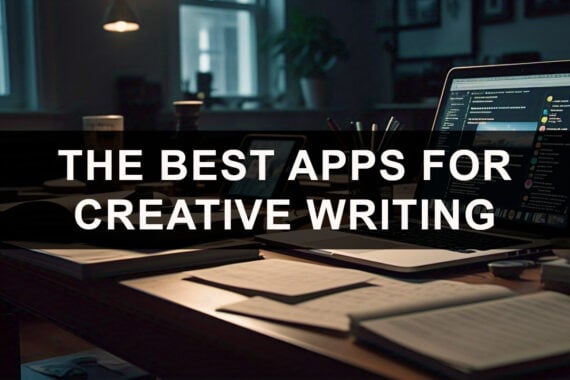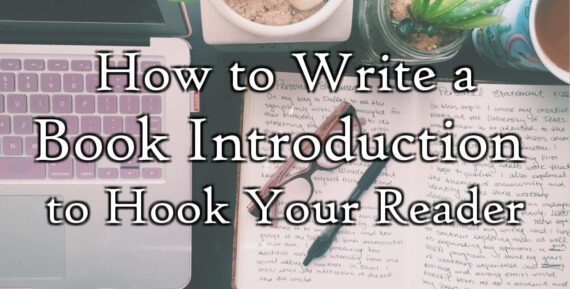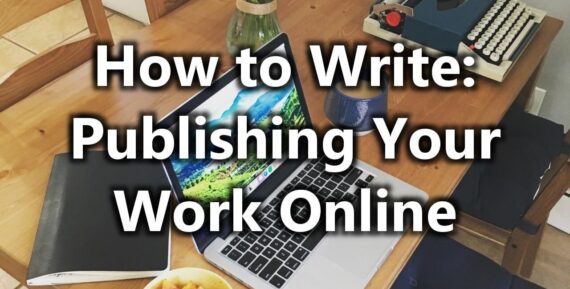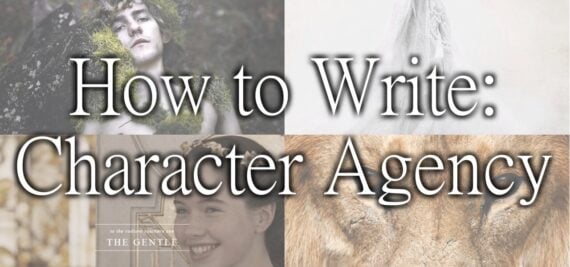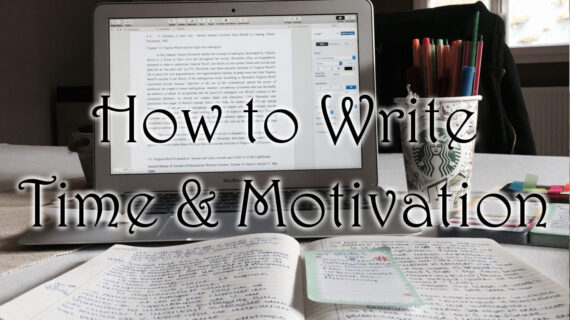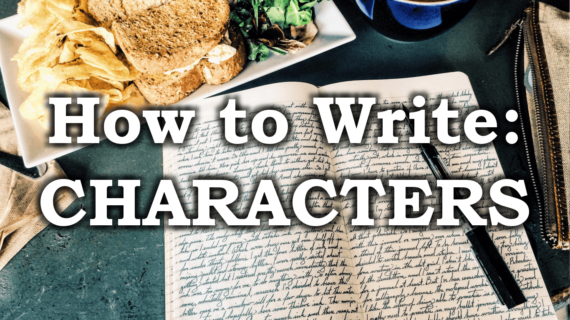The Best Apps for Creative Writing
Which apps are best for creative writing? Writing is an essential skill, but it can be tough. When it comes to creative writing, there are many tools and apps available today that can help you create compelling content and improve your writing. But what’s really out there and which is the best for you? We’ve…
